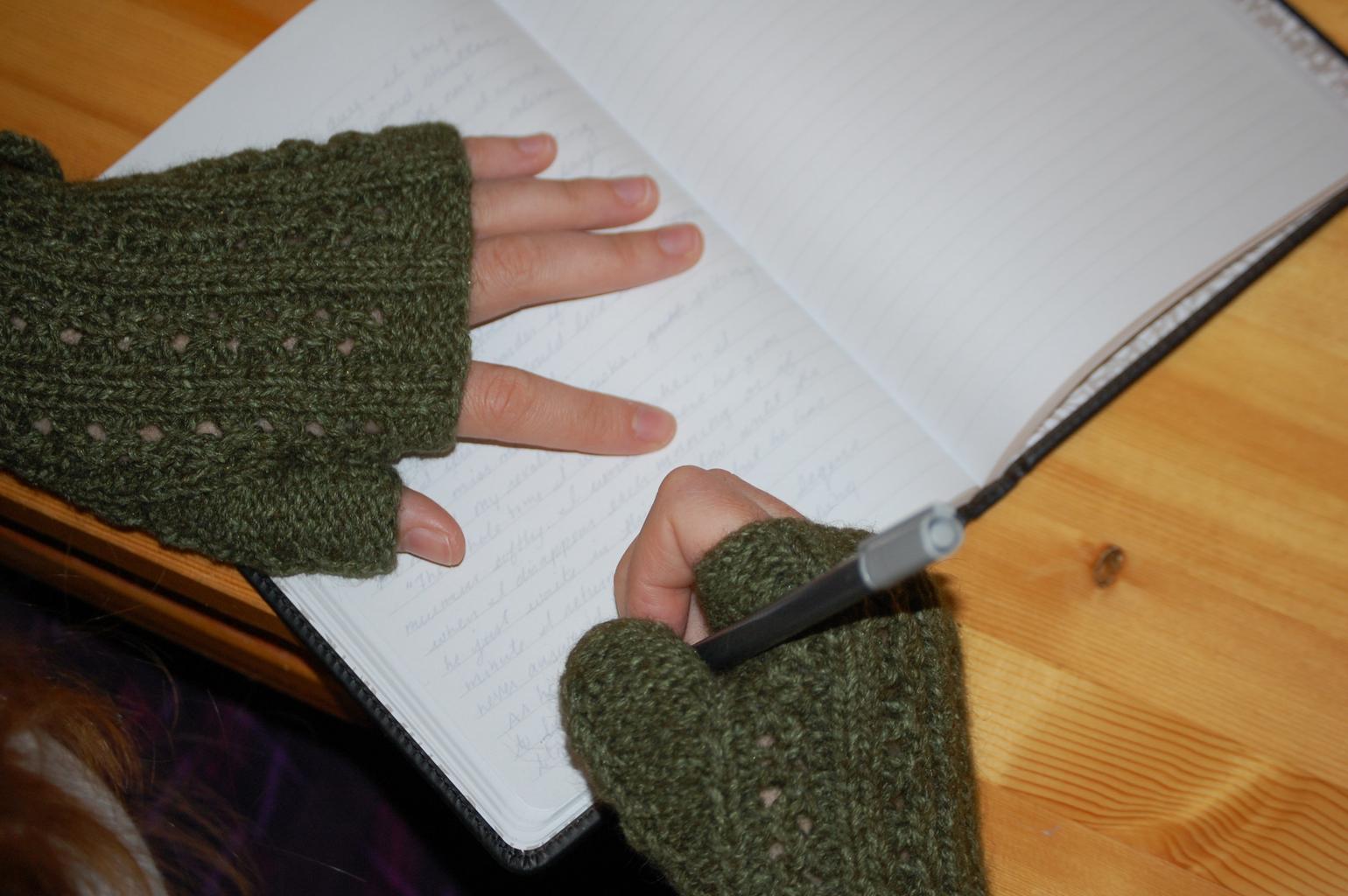
Journaling.
Yes, this simple daily habit will make you become a better person, because the simplest habits are ones that produce the greatest results.
It is the compound effect journaling offers that often goes unnoticed.
Journaling has many unexpected benefits, one of which is improved mental and emotional wellbeing.
Many people ruminate on problems that gnaw at them, sometimes for decades.
Brain scientist Jill Bolte Taylor suggests that the average lifespan of an emotion to move through the nervous system is one and a half minutes. This releases the burden of clinging to our emotional attachments longer than required.
This daily habit helps you to make peace with toxic emotions and transform them into healthy ones. Otherwise, they remain 'stuck' in your nervous system instead of moving through you.
The simple act of writing in your journal on a daily basis helps you to be mindful of the present moment, instead of being caught up in the past or future.
"All clutter and stress seem to be found on the surface, on the level of thinking and emotions," affirms Peter Francis Dziuban in: Simply Notice: Clear Awareness Is the Key To Happiness, Love and Freedom.
Mindfulness is a way to attain clarity as to what really matters. You become attuned to your emotions instead of allowing them to control you.
I recall listening to the spiritual teacher Eckhart Tolle state that anytime you are emotionally agitated for no reason, you are recollecting unresolved memories and creating a Pain body experience.
Similarly, Colette Baron Reid writes in Uncharted: The Journey Through Uncertainty to Infinite Possibility: "Memories are emotions intertwined with thoughts, and those can become lodged not just in your brain but in your body too."
Journaling is the act of making sense of those memories by transferring them onto paper, otherwise they lead to conditions such as T.M.S. (Tension Myositis Syndrome), according to Dr. John Sarno.
Repressed emotions resulting from psychological stress are stored in the body and may inhibit muscle and/or organ function if left untreated.
Writing your thoughts on paper is a form of emotional freedom. There are moments in our lives where we must bite our tongue with family, friends and co-workers for obvious reasons.
We cannot express our feelings, so we stow them away hoping they don't resurface down the road. This is the psychological pain point many people experience later in life.
The key is to allow your emotions to move through you using a method Dr. Daniel Siegel outlines in his book Mindsight. He suggests you name and tame the emotions you experience rather than be overwhelmed by them.
Journaling helps identify the troubling emotions by writing them as "I feel angry" instead of "I am angry." The latter is a limited self-definition since, "I feel angry" implies the ability to acknowledge a feeling, without being overwhelmed by it.
"Just by bringing greater attention to the part of your body where strong emotions or physical pain linger, you are loosening each layer of cellular memory to assist in another moment of healing," affirms Matt Kahn.
I suggest exploring your thoughts on paper as the last thing at night after a complete day. In Zen teaching, meditation is thought to help wipe away the day's stressors by witnessing our thoughts through the eyes of equanimity.
Journaling purges you of mental stressors. It is the process of becoming intimate with your thoughts instead of allowing them to occupy space in your mind.
You become attentive to your mental landscape instead of letting runaway thoughts impose on your freedom.
This simple daily habit will make you become a better person, because you are aware of your thoughts and won't be overcome by them.
Committing your thoughts to paper invites you to calmly witness them with a clear awareness rather than an agitated mind.
Tibetan meditation master Orgyen Chowang explains in Our Pristine Mind: A Practical Guide to Unconditional Happiness: "You must first relax the mind and then observe it with patience and perseverance. It is that simple."
Journaling is the act of coming home to yourself and loving the person whose thoughts appear on the page.
What we see and perceive in our waking life results from the mind adding judgement and commentary, like morning fog.
Writing your thoughts downloads them onto paper and liberates you of the need to process them any more than you need to
http://ezinearticles.com/?Why-This-Simple-Daily-Habit-Will-Make-You-Become-a-Better-Person&id=9764661

No comments:
Post a Comment